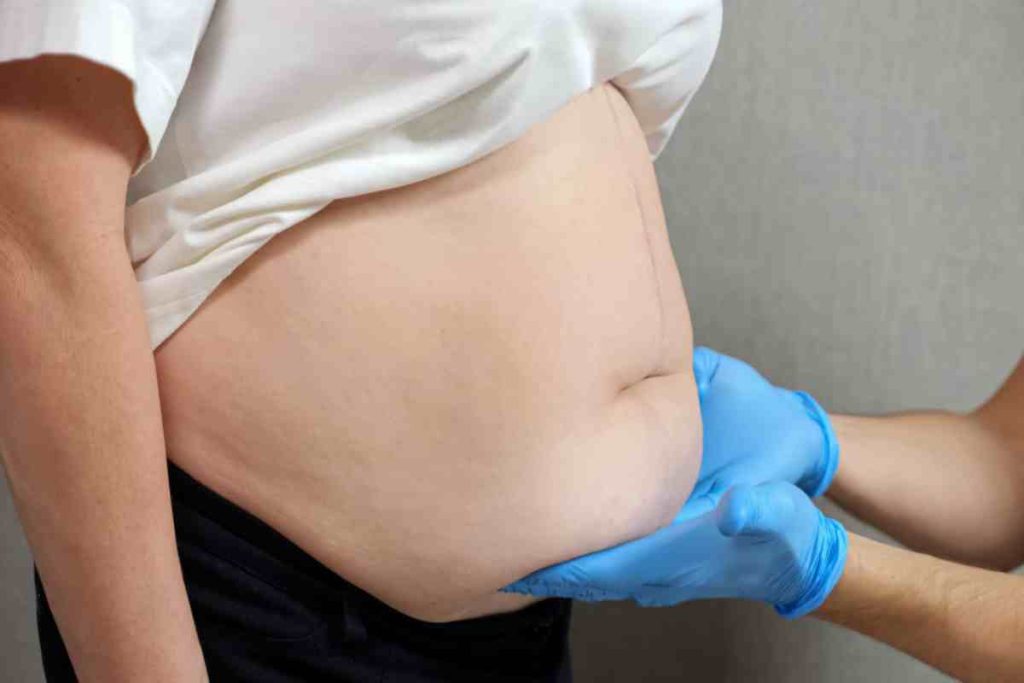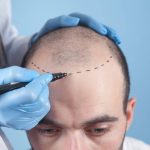Adjusting to Changes After Obesity Surgery
Obesity Surgery helps patients achieve long term weight loss and health improvements, but life after the procedure requires commitment and adjustment. The journey involves adapting to new eating habits, following medical advice, and gradually regaining energy. Confidence grows as patients notice changes in their bodies and overall well being. While the surgery provides the physical foundation for transformation, lasting success depends on discipline and support. Recovery includes small steps such as building a new diet, learning portion control, and embracing daily movement. These adjustments prepare patients for healthier lifestyles that extend far beyond the operating room. Surgery is not a quick fix but the beginning of a lifelong commitment to balance, health, and vitality.
Physical Recovery and Healing
The period following obesity surgery involves a recovery process that is unique for each patient. Energy may be limited at first, but steady progress is expected as healing continues. Patients are advised to follow medical instructions closely, including wound care, gradual activity, and dietary changes. Support from doctors and nurses ensures a safe and effective recovery. Small steps such as short walks and careful hydration are essential for regaining strength. Over time, the body adapts to the changes created by surgery, and patients begin to notice improvements in mobility, stamina, and overall comfort. Physical recovery marks the beginning of a new chapter, one that sets the stage for sustained wellness and confidence in everyday life.
Adopting a New Diet
Dietary changes are a critical part of life after obesity surgery. Patients must adopt smaller meals, eat slowly, and focus on nutrient rich foods that support healing and long term health. Discipline in following dietary guidelines helps prevent complications and ensures the body receives essential vitamins and minerals. Processed and sugary foods are discouraged, while proteins, fruits, and vegetables are encouraged. Nutritionists provide valuable guidance, helping patients build balanced meal plans that promote wellness and sustained weight loss. These habits become part of everyday life, supporting both physical health and emotional confidence. Over time, eating becomes not just a routine but a mindful practice that reinforces the results of surgery.
Emotional and Psychological Adjustments
The emotional changes after obesity surgery are as important as the physical ones. Patients often experience relief and happiness as they see progress, but they may also face moments of stress or self doubt. Confidence grows as they achieve milestones like fitting into smaller clothes or enjoying new activities. Support groups and counseling provide safe spaces to share challenges and celebrate victories. These resources help patients avoid harmful patterns such as emotional eating and guide them toward healthier coping strategies. The psychological journey ensures that weight loss is not only about appearance but also about building a stronger, more positive self image. This balance strengthens long term results and encourages patients to embrace healthier lifestyles with resilience.
Incorporating Physical Activity
Physical activity plays a vital role in life after obesity surgery. Patients are encouraged to begin with light exercises such as walking and gradually progress to more challenging activities. Regular movement improves cardiovascular health, strengthens muscles, and supports continued weight loss. Energy levels often rise as physical fitness improves, motivating patients to stay active. Exercise also enhances mood and reduces stress, contributing to overall wellness. Doctors and trainers can design personalized routines that meet each patient’s needs and abilities. Over time, physical activity becomes a natural part of daily life, reinforcing the benefits of surgery and creating healthier habits. Embracing an active lifestyle ensures that progress continues and that patients maintain their results for the long term.
The Role of Medical Follow Up
Ongoing medical follow up is crucial for maintaining health after obesity surgery. Regular checkups with doctors, nutritionists, and psychologists allow professionals to monitor progress and provide guidance. Support from healthcare teams ensures that patients remain on track with nutrition, supplements, and exercise routines. These follow ups help identify potential issues early, preventing complications and ensuring continued success. Blood tests and evaluations track essential nutrients, while counseling provides emotional stability. Patients who stay connected with their medical teams benefit from reassurance and accountability, strengthening their commitment to long term wellness. This partnership ensures that life after surgery is supported, safe, and sustainable.
Conclusion
In conclusion, obesity surgery creates lasting changes that go beyond weight loss, requiring new habits, medical support, and emotional growth. Patients who embrace guidance and adopt healthy lifestyles experience improved confidence, mobility, and overall wellness. Success comes from dedication and support, making life after surgery a journey of transformation and resilience.
Frequently Asked Questions
What is life like after obesity surgery?
Life involves new diets, exercise, and medical follow ups to maintain success.
How long does recovery take?
Most patients recover within weeks, with full adaptation taking several months.
Do I need to change my diet?
Yes, smaller meals and healthier food choices are essential for long term wellness.
Can I exercise after surgery?
Yes, light activities start early, and exercise becomes key to lasting results.
Is emotional support necessary?
Yes, counseling and support groups help patients manage emotional adjustments.
Will the results last?
Results are long lasting with healthy habits and consistent medical monitoring.
Does obesity surgery affect relationships?
Yes, many patients report stronger social connections and improved confidence.
How does surgery impact health?
It improves mobility, reduces risks of disease, and increases overall energy.
Do I need supplements after surgery?
Yes, vitamins and minerals are often required to maintain balanced health.
How often should I see my doctor?
Regular follow ups are recommended to ensure safety and track long term progress.












